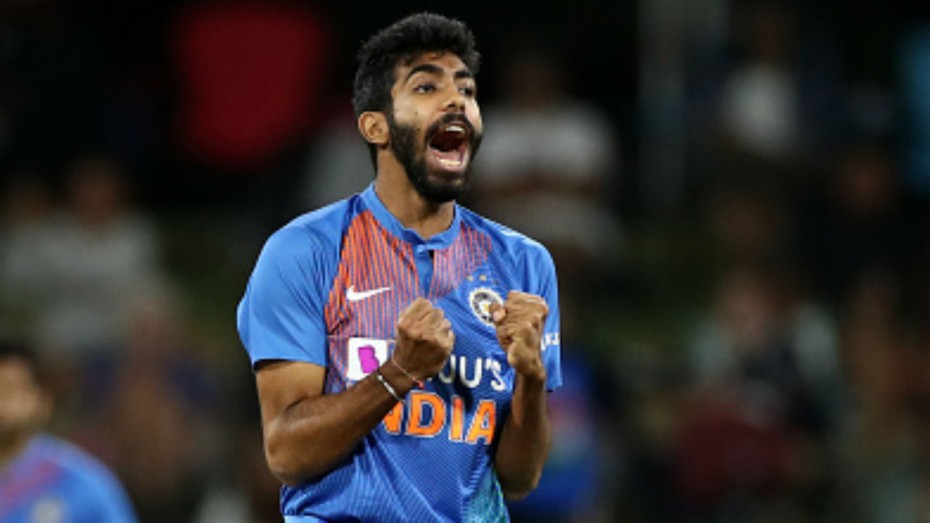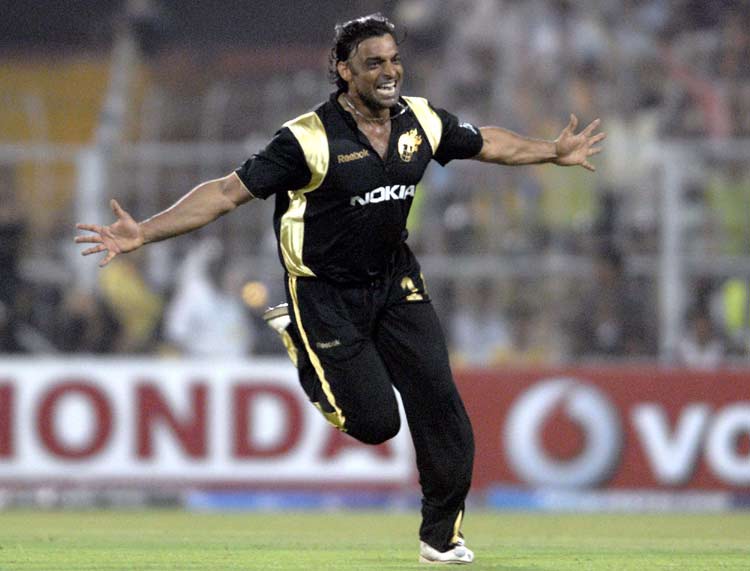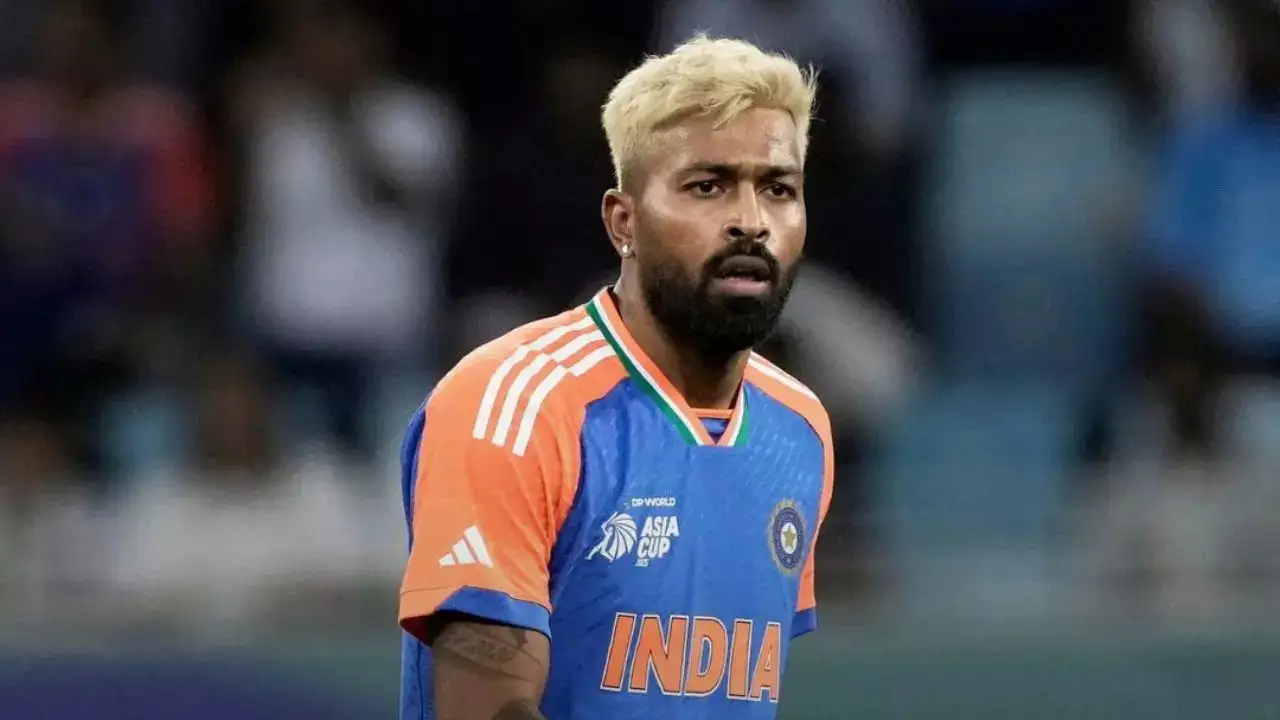Shoaib Akhtar Explains How India Can Preserve Jasprit Bumrah For Long
Published - 27 Jul 2021, 10:20 PM | Updated - 23 Aug 2024, 12:50 AM

Former Pakistan pacer Shoaib Akhtar has urged the Indian team management to carefully manage the workload of ace pacer Jasprit Bumrah to avert him getting break down due to injury.
Akhtar reckoned that given the fact that Jasprit Bumrah’s bowling is based on ‘frontal action’, it leads to a heavy load on his back, the effects of which we have already seen in the past 18 months.
Jasprit Bumrah was diagnosed with a stress fracture in September 2019, and although the champion pacer averted surgery and returned to elite cricket after a brief layoff, he has struggled to regain the same mojo that he had prior to the injury.
Akhtar, during a conversation with Sports Tak, said Bumrah and the team management should work in tandem in order to ensure that the pacer is overburdened.
‘’His bowling is based on frontal action. Players with that action bowl with their backs and shoulder speed. We used to be side-on, and that is a compensation. Front action has no compensation and with that action, when the back blows out, you can’t escape it irrespective of how much you try,” Shoaib Akhtar said on Sports Tak.

Akhtar then went to cite the examples of the likes of former West Indies and New Zealand pacers, Ian Bishop and Shane Bond, both of whom grappled with back issues.
‘’I saw [Ian] Bishop’s back blowing out, Shane Bond’s back blowing out, and both has frontal actions. Bumrah now needs to think in this way, ‘I played a match, took an off, and go to rehab’. He needs to manage. If you play him every match, in one year, he will completely break down. Play him three matches out of five and take him out. Bumrah will have to manage this one thing if he wants to last forever.” he said.
The former fast bowler signed off by stating his own example of how he used to urge the PCB to manage his workload during his 14-year-old career.
Akhtar said that he had to take matters into his own hands thanks to PCB’s reluctance in managing the same.
”I kept telling Pakistan Cricket Board, ‘do not make me play all five matches. I am a three ODI fast bowler and by knees won’t allow it’. When I started my years in 1997, my knees couldn’t take the pressure. Whenever I played five matches, knees would get filled with water and my movement went away. I got tired of asking them to use me in three matches out of five but unfortunately, I had to manage this myself,” he pointed out.













